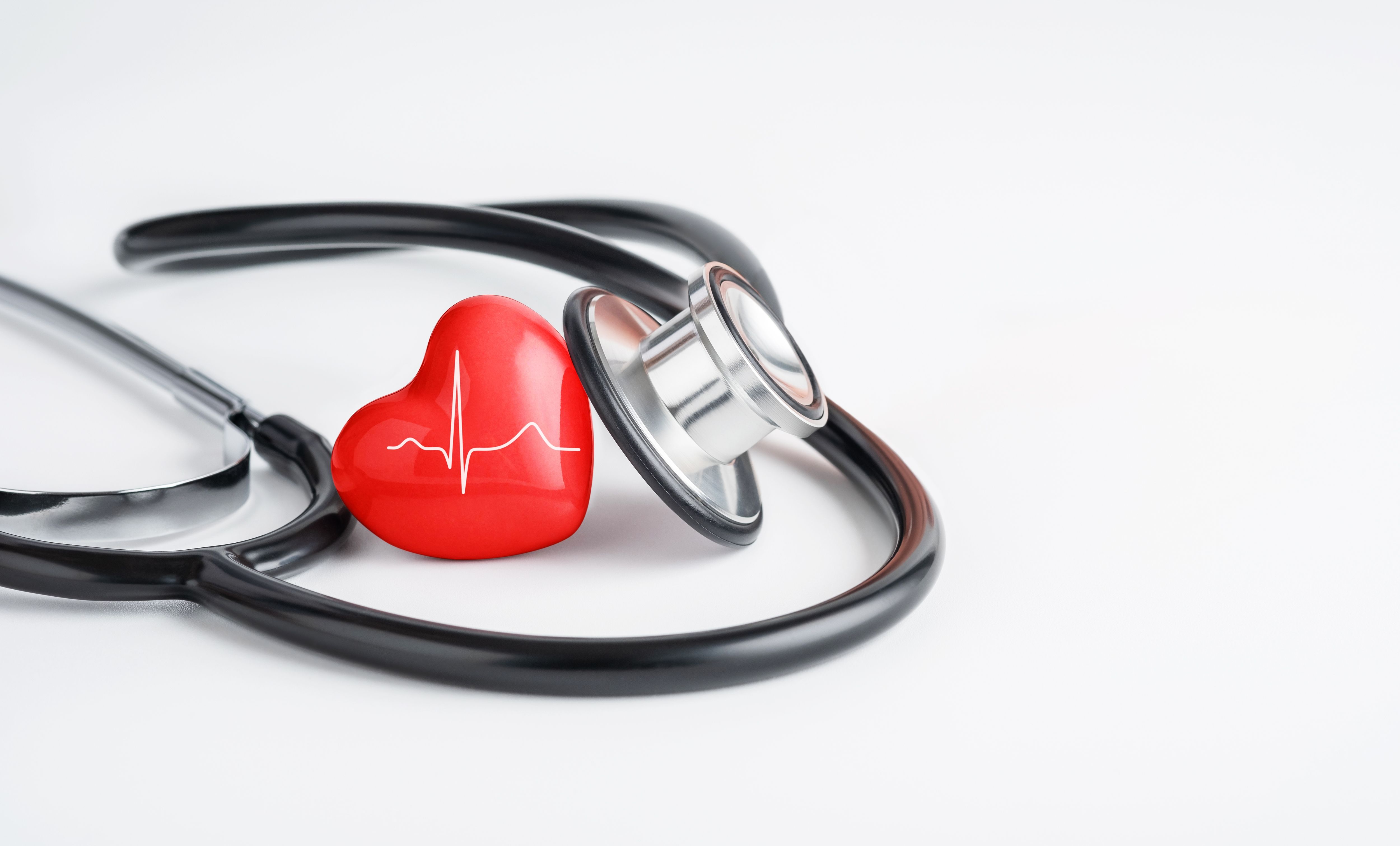Why is hypertension referred to as a “silent disease”?
Hypertension is often referred to as a silent disease as it can affect you without outward signs or symptoms and remains undetected for a long time.

When do we talk about hypertension?1-4
These hypertension symptoms may be harmless, but they should prompt a blood pressure test. In more serious cases, certain signs may indicate a complication of the disease. These may include chest pain or difficulty moving an arm. They reflect the consequences of neglected hypertension, rather than a symptom directly linked to the disease.
How do you get high blood pressure?2,5
You don't become hypertensive overnight. Blood pressure levels, especially the first number, increase progressively with age. If we see so many hypertensives today, it is because we are living longer and longer, giving these blood pressure levels time to rise above the fateful 140-mm-Hg mark.
The onset of hypertension is generally gradual. But it can develop more rapidly, either in the case of unfavorable genetics (hypertensive parents) or, above all, an unfavorable environment. Anything that causes arteries to age more rapidly will contribute to a faster rise in blood pressure.
Factors that cause arteries to age include high salt consumption, a sedentary lifestyle, and the resulting weight gain. And then there are all the factors that directly alter the arteries, such as smoking, diabetes, and high cholesterol. These are the same deleterious factors as for cardiovascular disease. The advice to "move better, eat better" has an extremely important impact, not only on confirmed hypertensives, but also on the prevention of hypertension.
When should you check your blood pressure, and how often?4,6
Testing is the only way to determine if you have hypertension.
Despite its tremendous impact on health, blood pressure measurement and treatment are relatively new to medical practice, with widespread measurement beginning just over 100 years ago.
You may have high blood pressure and feel perfectly fine. That is why it is important to have your blood pressure checked regularly. Having blood pressure measured is quick and painless. Although individuals can measure their own blood pressure using automated devices, an evaluation by a health professional is important for assessment of risk and associated conditions.

From the age of 40, blood pressure should be measured at least once a year. An earlier start can be made if there is a family history of hypertension, or if there are symptoms or factors that can cause blood pressure to rise rapidly, such as excess weight, diabetes, or high cholesterol.
What are the complications of uncontrolled hypertension?7
Among other complications, hypertension can cause serious damage to your heart. Indeed, high blood pressure can harden arteries, decreasing the flow of blood and oxygen to the heart. This elevated pressure and reduced blood flow can cause:
- Chest pain, also called angina
- Heart attack, which occurs when the blood supply to the heart is blocked, and heart muscle cells die from lack of oxygen. The longer the blood flow is blocked, the greater the damage to the heart
- Heart failure, which occurs when the heart cannot pump enough blood and oxygen to other vital body organs
- Irregular heartbeat which can lead to sudden death
Hypertension can also burst or block arteries that supply blood and oxygen to the brain, causing a stroke. In addition, high blood pressure can cause kidney damage, leading to kidney failure.
Being proactive and having your blood pressure tested may save you from this silent disease of hypertension.
